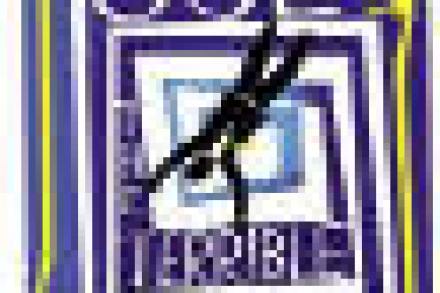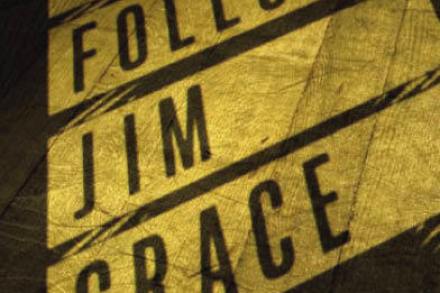While Holmes is away
Careful Sherlockians, on returning in adulthood to the four novels and 56 short stories that they devoured uncritically in their teens, tend to notice an endearing vagueness on the part of Sir Arthur Conan Doyle when it comes to details. There is Watson’s old war wound, for instance, which journeys absent mindedly between shoulder and









